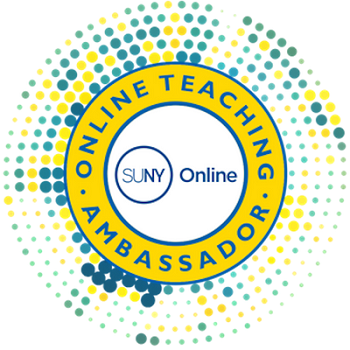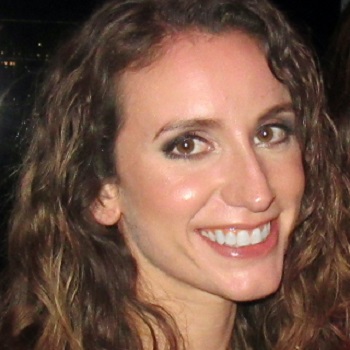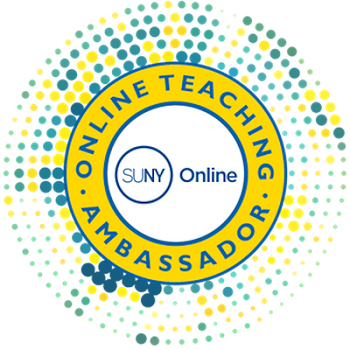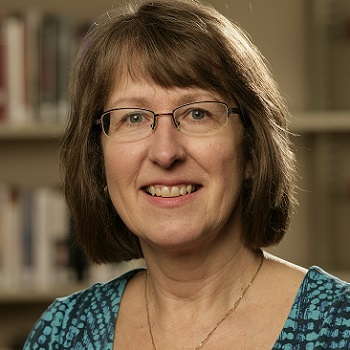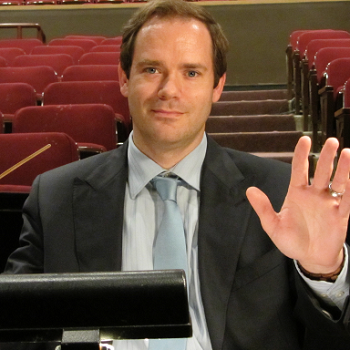SUNY Online Teaching Ambassador 2023: Empire – Susan Oaks

Empire State College
Susan Oaks, Ph.D., is a professor at Empire State College who has created and supervised many online courses in writing and literature since the late 1990s, in areas such as college writing, professional writing, and creative non fiction. She co-created an early online writing center, and more recently created and maintains seven OERs of various types, from personally-written textbooks (3), to curated collections of resources (2), to blends of writing and resources (2). She is a SUNY Chancellor’s Award and a SLOAN-C Award winner for Excellence in Teaching.
I think that online courses offer important opportunities to students. Even with the ability to connect visually and orally, so much in an online course still depends on written text, and that in itself is an opportunity for learning. When they participate in online learning, students more consciously understand that they need to communicate succinctly and clearly so that their thoughts are communicated as intended.
The same consciousness holds true for me as an educator, in terms of language and especially in terms of course design. It’s interesting to constantly have been learning, tweaking, and trying different ways to offer information succinctly and clearly, to structure intuitive and supportive learning environments for students. The importance of evolving course design was highlighted yet again when I recently worked with a group of instructional design professionals to tweak the structure of an introductory College Writing course. Breaking the course into smaller units, instead of more generously-timed modules, actually increased course completion by 10%. Lessening the cognitive load for students helped create a more effective online course experience, for both the students and me as the instructor.
Additionally, incorporating new technology from an educational and definitely non-technical orientation has been interesting. In the past, I’ve worked with portfolios (useful), Second Life (fun but too complicated for many students), embedded academic support (hard to get students to use), and other technologies. I’m now looking forward to tackling the concept of how to use ChatGPT in writing courses, to help students become more aware of both the usefulness and the pitfalls of such tools.
However, constantly underlying my experiences with online teaching are concepts offered by Chickering and Gamson and even Dewey: relevant, varied learning activities; communal inquiry; and prompt, respectful student-instructor interaction. I get most excited about online teaching when it becomes evident through discussions, assignments, and reflections that a student has had an “aha” moment when real learning occurred.

